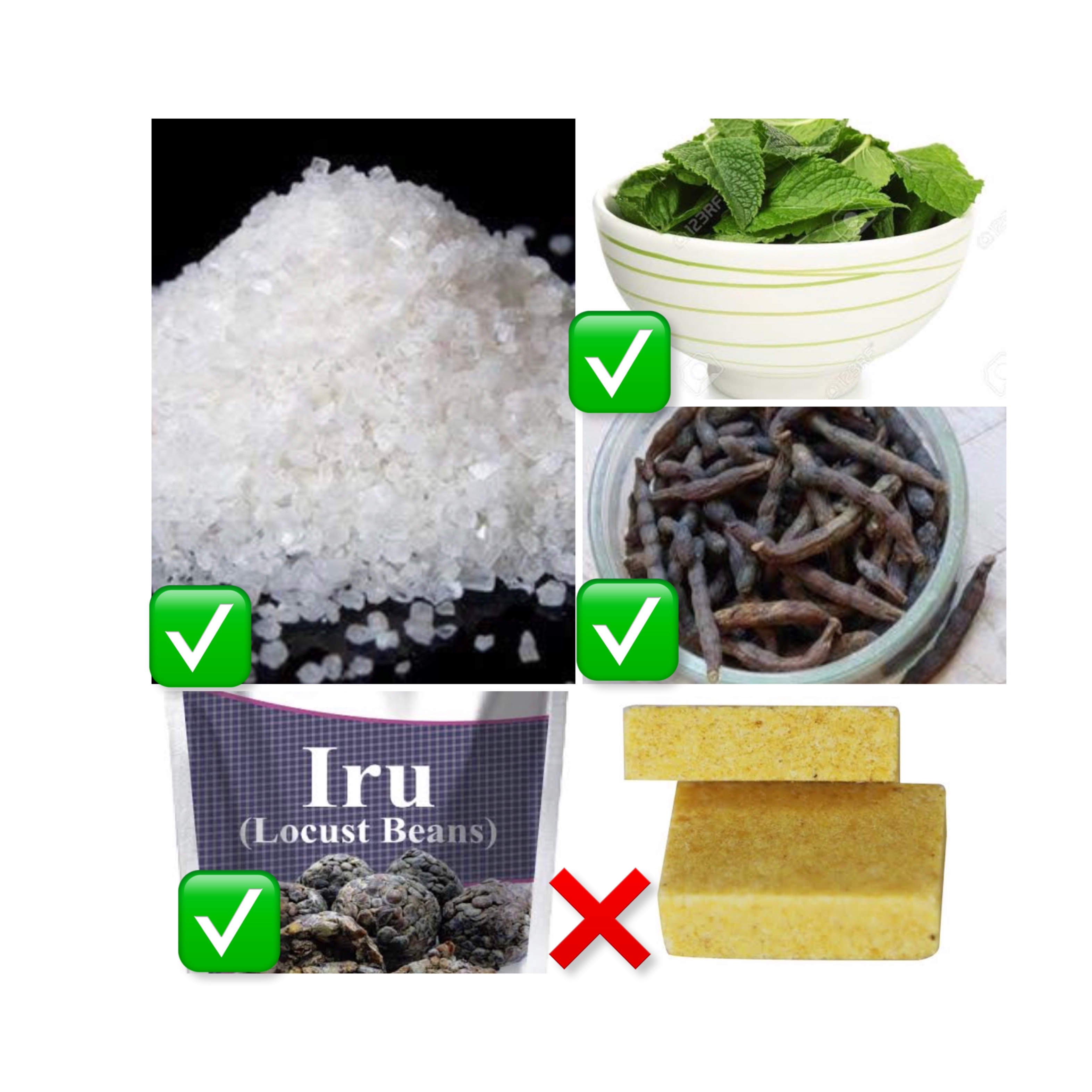
The effects of our emotions on our health
Our well being is affected by a wide variety of factors. I have shared in previous blogs, the effects of processed foods, sleep, stress, the health of our gut etc. on our well being. In this blog I am discussing the impact of our emotions, particularly bitterness and the decision not to forgive on our health.
Bitterness and unforgiveness are both toxic emotions and are not of God. They often hurt the one who is offended more than they do the offender. One reason being that the offender may not be aware of the gravity of the hurt experienced and quickly moves on.
These emotions can make us ill. Let's take a closer look at how these emotions can affect our health. They can decrease our immune health, affect our organs and lead to various diseases, like high blood pressure, anxiety, depression, heart trouble, cancer, etc.
The impact of bitterness and perceived unforgivable acts on our health
Prolonged bitterness and holding on to perceived wrongs make the heart grow sick. According to Karen Swartz M.D. director of the Mood Disorders Adult Consultation Clinic at The Johns Hopkins Hospital; holding on to bitterness, be it chronic or unresolved anger causes us to go into a fight-or-flight mode. This causes some changes in the body, which include:
•an increase in heart rate and blood pressure
•a headache
•an upset stomach
•the release of inflammatory hormones such as cortisol
•the mobilisation of glucose to keep up with energy expenditure
•the diversion of blood from the hands and feet to the large muscles, in preparation to fight or flee
•the slowing down or temporary disruption of food digestion
•an increase in perspiration in order to keep the body cool.
After the perceived danger has passed, the body returns back to the normal state, which is referred to as homeostasis. When these responses occur occasionally, they are healthy and natural. However, when stressful situations continue without giving the body enough time to recuperate and return to the normal state, problems can arise.
Chronic stress typically causes exhaustion, weakens the immune system and is associated with a variety of conditions like headaches, back pain, abdominal pain, nausea, anxiety, depression, skin rashes, insomnia, etc.
These in turn result in numerous changes in our bodies; to our heart rate, blood pressure, immune response, metabolism, or organ function. These changes, then, increase the risk of high blood pressure, heart disease, diabetes, cancer, etc.
Karen says that “There is an enormous physical burden to being hurt and disappointed.” This is so with simple spats or long-held resentment towards a spouse, family, colleague or friend. Unresolved conflicts can cause more harm than we may realise.
Many studies have found that the act of forgiving, can reap huge benefits for our health. Resulting in a positive impact on blood pressure, anxiety, depression and stress. The direct benefits are often lowering the risk of heart attacks, improving cholesterol levels and sleep. The control of all these aspects of our health, is very beneficial to our wellness.
Can we learn and choose to be more forgiving?
According to Karen Swartz, forgiveness is not just about saying the words. “It is an active process in which you make a conscious decision to let go of negative feelings whether the person deserves it or not.”
Karen Swartz says that as we release the anger, resentment and hostility, we begin to feel relieved...as we experience the elimination of heaviness, become empathetic, compassionate and sometimes even get affectionate towards the offender.
Studies have found that some people are naturally more able to forgive than others. These individuals tend to be more satisfied with their lives and experience less depression, anxiety, stress, anger and hostility. On the other hand, people who hang on to grudges, are more likely to suffer severe depression, post-traumatic stress disorder etc.
Fortunately people can make the decision to be more forgiving. The choice to forgive or not is our’s. Karen Swartz says - “You are choosing to offer compassion and empathy to the person who wronged you.” Forgiveness is a choice. The Bible also has this point of view. This will be discussed later in this blog.
Clearly bitterness, anger and the choice not to forgive is detrimental to our health. Let’s do all that we can to not allow these negative emotions hinder our emotional and physical health. According to Karen Swartz the following can help us be more forgiving:
•reflecting on our reaction to a hurt, it’s impact on us when it happened and after. If it was traumatic then we likely would not want to experience it again and so let go, for peace of mind.
•empathy for the reason why people are the way they are is very helpful in letting go and forgiving perceived wrongs. For example a spouse who grew up in an alcoholic family, may react with anxiety and/or anger when alcoholic beverages are consumed around them.
Being aware and sensitive to an individual's past may help us understand better what is likely to make them get uncomfortable and trigger a response. In this case, a strong recollection of past familial experiences with alcohol and it’s impact. Which is likely to cause the rehashing of past hurts and fears. These are best not revisited.
•the realisation that no one is perfect is also a great help in making the decision to forgive. This may help us to resume a normal relationship with the one who caused the offence, even without an apology.
•when an apology is not expected, we are not disappointed if we don’t get one. It is often the absence of an apology that fuels the inability to forgive. The interesting thing is that an apology may not reinstate your relationship ( to how it was pre-offence) with the other person anyway. Food for thought I hope.
•when we make the decision to forgive, we must stop rehashing the wrong experienced. When we persist in talking about the wrong, we have not truly forgiven and can cause the offence to linger and ill feelings to become more intense.
•we must also forgive ourselves. Karen Swartz says that if for instance a spouse had an affair. The one offended must recognise that the affair is not a reflection of their worth.
Now let's take a look at what The Bible says about the emotions, bitterness and unforgiveness.
Acts 8:23 GN T
For I see that you are full of bitter envy and are a prisoner of sin.
When our lives are filled with bitterness, it makes us a prisoner of sin. Sin results in only death never life, heartache not peace.
Ephesians 4:31 NIV
Get rid of all bitterness, rage and anger, brawling and slander, along with every form of malice.
Everything God's Word tells us to eliminate is for our good. All the negative emotions mentioned here take away from our wellbeing.
Hebrews 12:15 NIV
See to it that no one falls short of the Grace of God and that no bitter root grows up to cause trouble and defile many.
Bitterness causes trouble, which is of no benefit to our health.
These are only a small sampling of what The Bible says about bitterness. Clearly scripture shows us that there is no place for bitterness in the life of a Christian. Bitterness cuts off our lifeline to His Grace.
Withholding forgiveness is also toxic. It is the choice to not let go of a perceived wrong/s. It is not true that there are some wrongs that just cannot be forgiven. We have the choice to forgive or not. Our Heavenly Father instructs us in His Word to forgive. There is nothing God tells us to do that we are not empowered to do. As with bitterness, refusing to forgive causes more harm to the one who holds on to this emotion. Scripture is very clear about us forgiving always. Let’s take a look at a few verses in the Bible.
Matthew 6:14-15 NLT
If you forgive those who sin against you, your heavenly Father will forgive you. But if you refuse to forgive others, your Father will not forgive your sins.
We cannot expect to be forgiven by our Heavenly Father if we ourselves refuse to forgive.
Matthew 18:21-22 NLT
Then Peter came to him and asked, Lord, how often should I forgive someone who sins against me? Seven times? No, not seven times,” Jesus replied, but seventy times seven!
It is clear that our Heavenly Father does not ever condone us harbouring unforgiveness. It does not matter how often we think we have been wronged. We must always forgive.
Now if your stance is, I will not/cannot forgive...remember our Lord Jesus Christ. He died on the cross, bore our sins, not His (He never sinned, He was totally without sin). He bore ALL of our sins so that we would be free from sin. We too should therefore be willing to forgive, no matter the wrong suffered.
Yes we can forgive. It is a choice. There is nothing that the Bible tells us to do that we are not able to. At the cost of sounding like a broken record, It is a matter of choice. When we do not forgive, it’s because we do not want to, we have chosen not to.
The impact of these negative emotions, bitterness and withholding forgiveness can be far reaching. Some of the consequences to our health, were outlined in this blog.
Is it worth holding on to these toxic emotions? Absolutely not! There is no place with God for withholding forgiveness. Research shows that letting go of prolonged negative feelings improves our sense of happiness and well being.
Emotions like anger, hostility, envy, bitterness and hate cause a negative response. If these emotions are unrelenting, the body’s ability to remain healthy and fight off illness can be impaired. Conversely the choice to let go of these negative emotions contributes significantly to our happiness and our overall wellbeing.



0 Comment